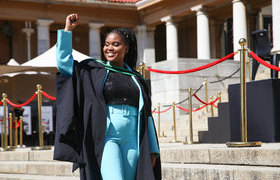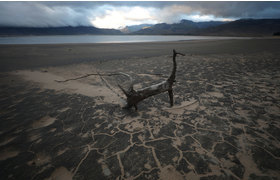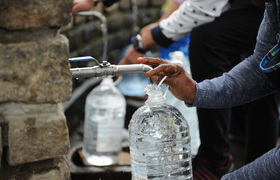UCT’s Water Hub wins the Gold Eco-Logic Award
23 November 2023 | Story Supplied. Photo Supplied. Read time 3 min.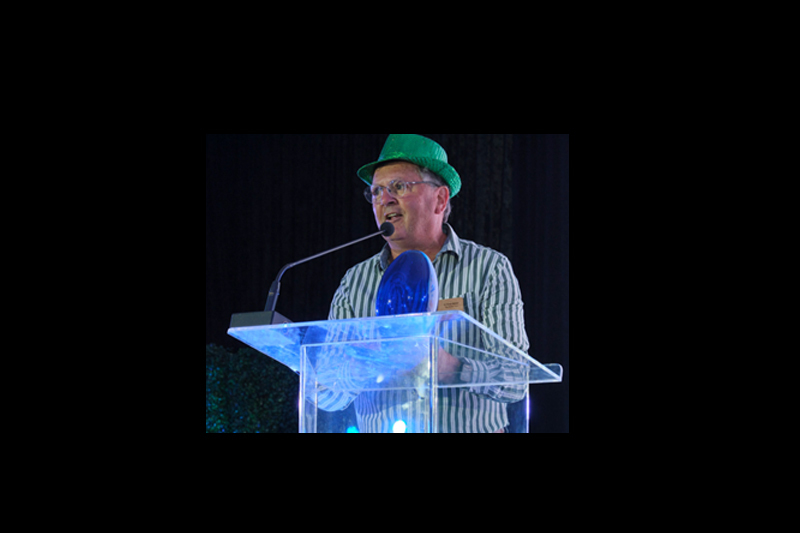
The University of Cape Town’s (UCT) Water Hub recently won the 2023 Gold Eco-Logic Award. The Eco-Logic Awards identify individuals, organisations, and communities that positively contribute towards a sustainable world.
The awards took place recently at the Two Oceans Aquarium in Cape Town and saw bronze, silver, and gold winners awarded across 13 categories. The awards are an important national platform to showcase and promote those individuals, organisations, products, and services that are doing good for people and planet.
“Each year it becomes increasingly important and effective for us as individuals to play our part and contribute to solving today’s environmental challenges, and we can do this by leveraging our consumer spending power and supporting those that are committed to building a sustainable society and environment,” said David Parry-Davies, editor of The Enviropaedia and founder of the Eco-Logic Awards.
Dr Kevin Winter from UCT’s Department of Environmental & Geographical Science and the Future Water Institute said that winning the award is a significant encouragement to the team of UCT postgraduate students and academics who have committed time and creative energy to develop field-scale experiments that are aimed at addressing real-world issues.
“The award also recognises how the research approach is responding to sustainable development challenges in water resource management by showing potential for scalability, and in contributing to improving understanding of public service. It’s a public recognition that the Water Hub is on the right track!”
Water Hub and research
The multidisciplinary approach at the Water Hub treats contaminated water from informal settlements so that it can be used to irrigate vegetable gardens, builds cool shacks and deals with contaminants in water, soil and plant uptake and looks at water reuse. The research is directed by Dr Winter.
The work at the Water Hub began in 2017 with the conversion of drying beds into biofiltration cells that use natural media, such as stone aggregates and biochar, to treat contaminated water from an informal settlement to a quality that can be reused for safely irrigating vegetable gardens. Since then, the project has expanded to include food–energy–water nexus work, dewatering of maturation ponds, cool shacks, and studies on the mobility and persistence of emerging contaminants in the water, soil, and plant uptake.
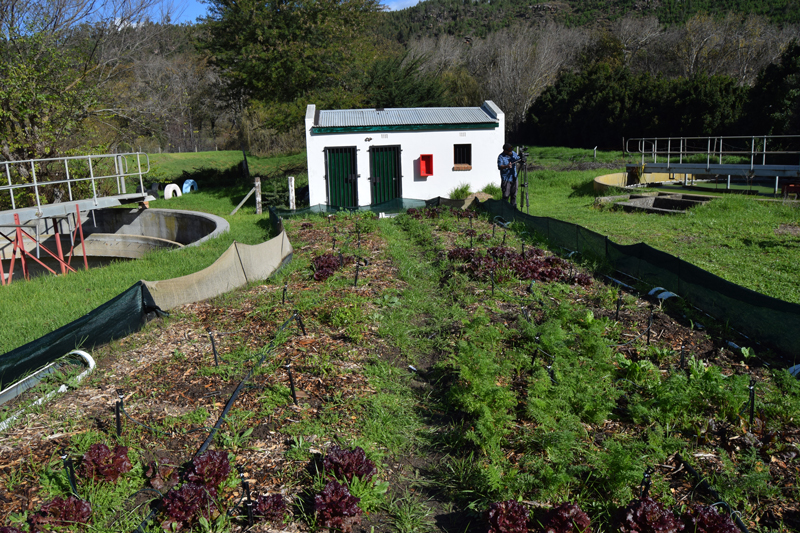
Every three to five days nearly 100 000 litres of water is available to safely irrigate vegetable gardens or is discharged into an adjacent river that meets South African aquatic discharge guidelines. One of the earliest projects was to determine the performance of these biofilters by comparing different media. The first postgraduate to have completed his doctorate at the Water Hub, Sivile Mgese, who grew up in Mbekweni township, Paarl, was determined to find a solution to the problem of dealing with polluted water from an informal settlement. His work confirmed that it was possible, under varying water quality conditions, to consistently achieve water quality standards that could be safely used for various purposes.
 This work is licensed under a Creative Commons Attribution-NoDerivatives 4.0 International License.
This work is licensed under a Creative Commons Attribution-NoDerivatives 4.0 International License.
Please view the republishing articles page for more information.







